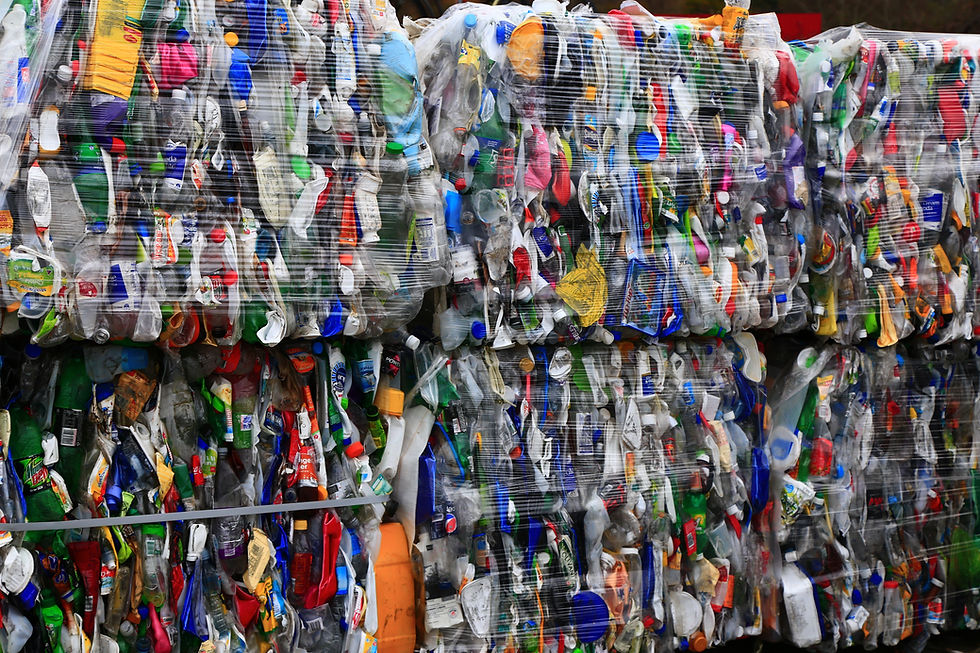Many feel an urgent need to recycle and ‘play their part’ towards a more sustainable future, but what if we’ve been doing it wrong all this time?

Considering the incredible amount of waste we produce each year, which accounts to 508 kg per capita in the Netherlands alone, making sure we dispose of items properly is vital. Yet, errors from discarding dirty pizza boxes to mistakenly thinking some items are recyclable are leading to dysfunctional waste management systems and unnecessary damage to our environment. Wanting to recycle is great but what if you’ve not been doing it quite right? What if we have been wishcycling instead?
What is Wishcycling?
Perhaps unfamiliar to many, “wishcycling”, known also as aspirational recycling, describes our tendency to believe that certain items are recyclable when in fact they are not. Even though wishcycling is based on good intentions, it inevitably feeds into a deeply rooted psychological cause, which is our desire to do the proper thing. It might be tempting to view recycling as an easy solution to global environmental issues, especially considering its prevalence in mainstream culture; however, relying on this rather defective practice in attempt to foster sustainability is a tricky issue.

The harm of wishcycling lies within its impact on recycling centers. Putting non-recyclable items in together with recyclable items can damage recycling equipment and cause contamination, preventing actually reusable materials from being recycled. Commonly wishcycled items include stained pizza boxes, disposable coffee cups, take-out containers, broken glass and ceramics, and small household items such as old textiles.

Wishcycling plastics in Amsterdam lead to the decision, made by the municipal authorities of Amsterdam, to separate plastic waste at a waste processor instead of delegating the task to citizens, which has been in effect since January 1st 2021. Since then, plastic containers continue to be gradually removed throughout the city.
Recycling in Amsterdam
Recycling is still an important way of living a sustainable lifestyle, we just need to make sure we know how to do it properly. With avoiding disposables or swapping them for reusable alternatives remaining the most effective way to combat unnecessary waste, getting familiar with municipal guidelines for recycling and garbage collection will go a long way to preventing wishcycling. In the city of Amsterdam, different waste guides apply to each district.
There are 6 waste collection points in Amsterdam, at which you can dispose of most types of waste that doesn’t go into garbage bins. This includes furniture, scrap metal, garments,, electrical appliances, asbestos, construction waste, household chemical waste, and garden waste. If possible, materials brought to the waste collection points will be recycled, and non-recyclable materials will be disposed of safely.

All waste collection points are open from Monday to Saturday from 08:00 to 17:00, with exception of public holidays. Henk Sneevlietweg is also open on Sundays from 10:00 to 16:00.
Top Recycling Tips
For paper, only recycle clean and dry carton or paper that isn’t lined with plastic (like disposable coffee cups).
For glass, you don’t have to empty and clean glass bottles and jars for them to be recycled, and you can also leave lids or caps on. However, this only applies to glass used for food and drinks. Any other type of glass should go in the container for residual waste (marked as “restafval”) instead. Plate glass (windows) should be taken to a waste collection point.
For organic kitchen waste, consider composting at home.
Avoid packages so you do not need to recycle them. In this context, the WASTED app, a new project in Amsterdam is outstanding, as they aim to give citizen rewards for reducing plastic.
Don’t hesitate to ask people around you if they know the nearest spots to recycle glass and paper.
For more information, visit the government’s website page on recycling household waste.
Conclusion
The problem of wishcycling, as sneaky as it might be, can be dealt with through means of acquiring information about local waste management and taking practical action to adjust our recycling habits accordingly.

With the Dutch government’s plan to transition to a circular economy by 2050, which is defined by using sustainably sourced and widely available materials for production, among them recycled waste, we as citizens can contribute to the cause by remaining mindful of how much we consume and how we dispose of items.
To find out more about wishcycling and other issues discussed in this article, feel free to click on the hyperlinks throughout the text!

Comments